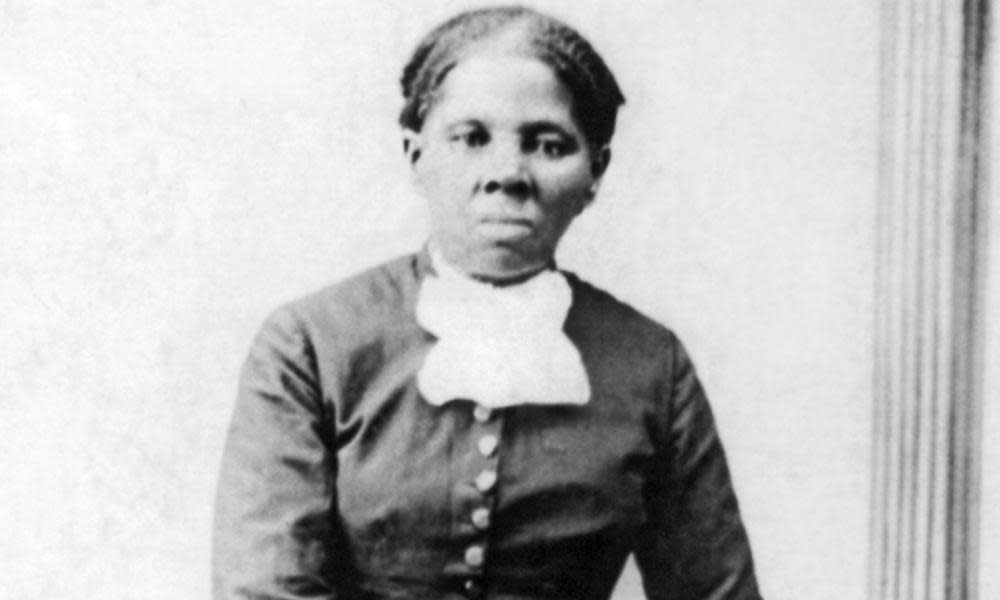Opera to honour former slave who helped free others

Harriet Tubman, who rescued hundreds of people from slavery in America and campaigned for women’s suffrage, won widespread recognition during the presidency of Barack Obama, who aimed to put her portrait on the $20 note.
While that plan has stalled under Donald Trump, the former slave’s life will be celebrated in music in Huddersfield this week.
A new opera, Harriet, will tell of her work as a “conductor” on the underground railroad, the network that helped black slaves to reach free states. Performed by the Flemish theatre group Muziektheater Transparant and composed and created by the acclaimed Mexican composer Hilda Paredes, it also incorporates some of the tunes that were used as coded messages for the runaway slaves.
Paredes’s chamber piece has its British premiere at the Yorkshire town’s annual contemporary music festival on Tuesday evening. The libretto is based on poetry by Mayra Santos-Febres and a selection of dialogues by Lex Bohlmeijer.
Tubman, who is thought to have been born in 1822 as Araminta Ross, once had a $40,000 bounty placed on her head and eventually earned the title “The Moses of her People” for her inspirational activism.
It will be the second operatic treatment of Tubman’s life: as the celebrated Scottish composer, Thea Musgrave, created a two-act opera Harriet, The Woman Called Moses, which was first performed at the Virginia Opera in 1985.
The American soprano Claron McFadden, who sings the lead role, said she had been drawn to the part because of Tubman’s extraordinary story. She had survived slavery and also coped with the lifelong effects of a serious head wound, inflicted by her former slave masters, to get across the Mason-Dixon line and into the safe free states and then eventually on into Canada, only to return at least 13 times later to help others escape – including her own parents and brothers. “She would sing spirituals to let the fugitives know whether it was safe or not for them to come out. She was like public enemy No 1 at certain points.”
McFadden said she first heard the name Tubman when she read as a child that she had passed through Rochester, where McFadden was born, on her way up to Canada.

 Yahoo News
Yahoo News 
